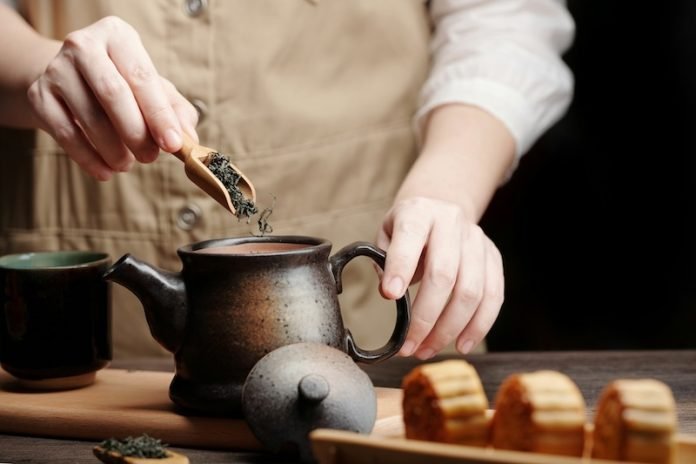
In the hustle and bustle of modern life, high blood pressure has become a common concern, affecting millions of people worldwide.
While conventional medicine offers a range of treatments for managing this condition, many are turning to ancient practices for answers, particularly Traditional Chinese Medicine (TCM).
TCM, with its roots stretching back thousands of years, offers a unique perspective on health and disease, focusing on restoring balance within the body.
Let’s explore how TCM approaches hypertension, breaking down complex ideas into simple, understandable concepts.
At the heart of TCM is the belief that the body’s vital energy, or Qi (pronounced “chee”), flows through channels called meridians. When this energy flow is smooth and balanced, the body is in a state of health.
However, disruptions or imbalances in Qi can lead to disease, including hypertension. TCM practitioners aim to correct these imbalances through a variety of methods, including herbal medicine, acupuncture, Tai Chi, and dietary adjustments, providing a holistic approach to treating high blood pressure.
Herbal medicine is a cornerstone of TCM and involves the use of complex formulas comprising various herbs tailored to the individual’s specific imbalances and health issues.
Some herbs commonly used for managing hypertension include Ginkgo biloba, hawthorn, and Chinese cat’s claw, which are believed to improve blood circulation and reduce blood pressure.
While research on the efficacy of these herbs is ongoing, some studies suggest they can have a beneficial effect on blood pressure, particularly when combined with conventional treatments.
Acupuncture, another key component of TCM, involves the insertion of thin needles into specific points on the body. This practice is thought to stimulate the body’s natural healing processes and restore the flow of Qi.
When it comes to hypertension, acupuncture may help lower blood pressure by promoting relaxation and reducing stress, a common contributor to high blood pressure.
Clinical trials have shown that acupuncture can have a modest effect on blood pressure, offering a potential complementary treatment for those with hypertension.
Tai Chi, a form of gentle exercise and meditation, emphasizes slow, deliberate movements and deep breathing. Practicing Tai Chi can help reduce stress, improve fitness, and, as some studies suggest, lower blood pressure.
Its low-impact nature makes it suitable for people of all ages and fitness levels, providing a holistic way to support heart health.
Dietary adjustments in TCM focus on consuming foods that promote balance and harmony within the body. A diet beneficial for managing hypertension might include foods that nourish the liver, support kidney health, and enhance Qi flow.
TCM practitioners often recommend reducing salty, fatty, and spicy foods, while increasing the intake of fruits, vegetables, whole grains, and lean proteins.
It’s important to note that while TCM offers promising approaches to managing hypertension, it should not replace conventional medical treatments but rather complement them.
The integration of TCM and conventional medicine can provide a comprehensive approach to health, embracing the best of both worlds.
In conclusion, TCM presents a holistic and nuanced approach to managing high blood pressure, focusing on restoring balance and harmony within the body.
Its methods, from herbal remedies to acupuncture and Tai Chi, offer ancient wisdom that, when combined with modern science, can support heart health in today’s fast-paced world.
As interest in alternative and complementary therapies continues to grow, the integration of TCM principles into the management of hypertension may offer new hope for those seeking to maintain a healthy heart.
If you care about high blood pressure, please read studies about unhealthy habits that may increase high blood pressure risk, and drinking green tea could help lower blood pressure.
For more information about high blood pressure, please see recent studies about what to eat or to avoid for high blood pressure, and 12 foods that lower blood pressure.
Copyright © 2024 Knowridge Science Report. All rights reserved.



